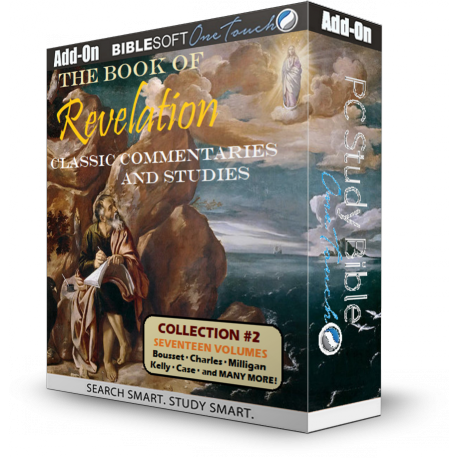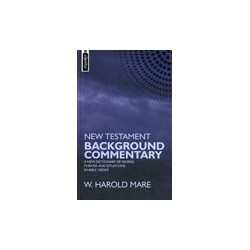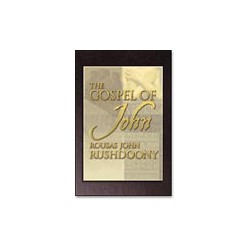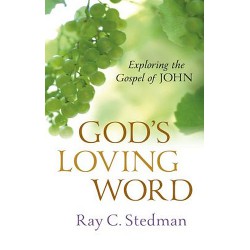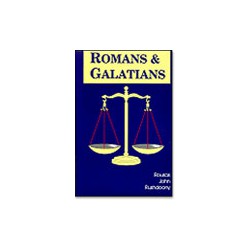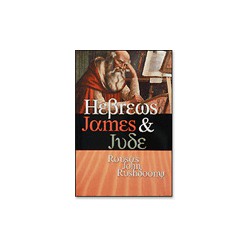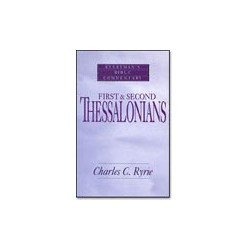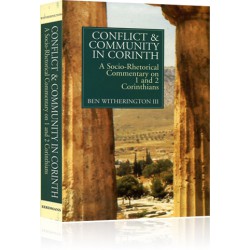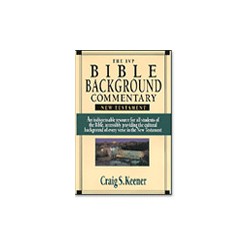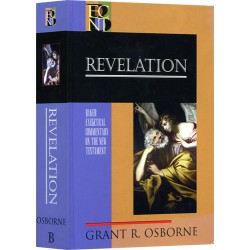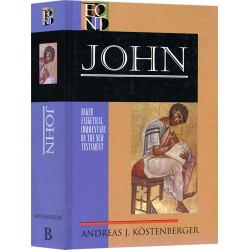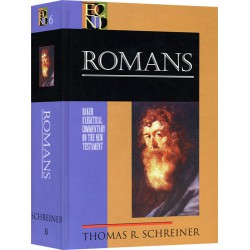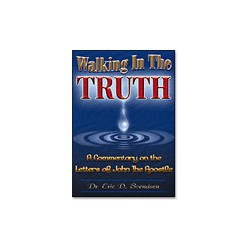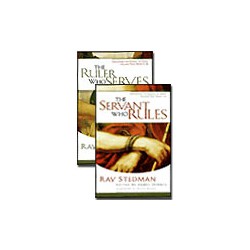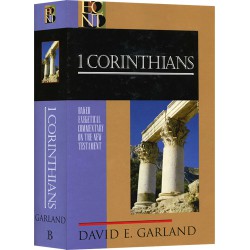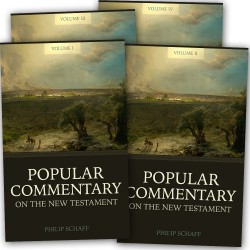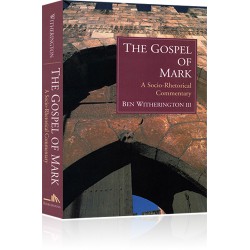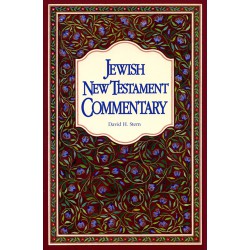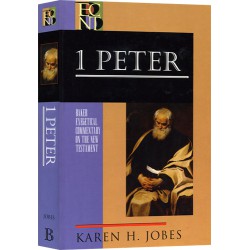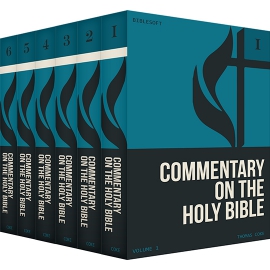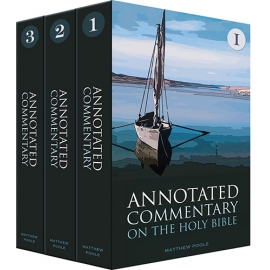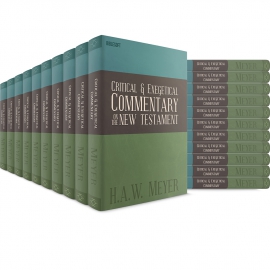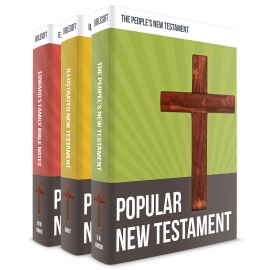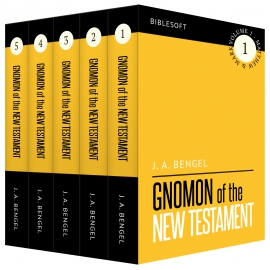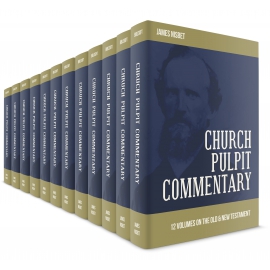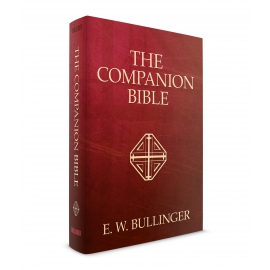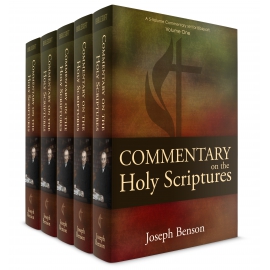No products
Product successfully added to your shopping cart
There are 0 items in your cart. There is 1 item in your cart.
Book of Revelation: Classic Commentaries and Studies - Collection 2 (17 vols)
An extensive collection of commentaries and studies on the Book of Revelation, from well-known scholars such as R. H. Charles, Wilhelm Bousset, William Kelly, S. J. Case, William Milligan, and many others.
PRODUCT AVAILABLE FOR DOWNLOAD ONLY
Requires Version 5 or OneTouch (find out more)
- Write a review
Product Information
Biblesoft is pleased to offer this valuable 17-volume collection of Classic Commentaries and Studies on the Book of Revelation—written by more than a dozen distinguished scholars, commentators and ministers, over a period of 250 years, and from a diverse range of interpretive approaches. This is our second such collection (Collection 1), and nearly all of these titles featured in it are new to Biblesoft. We have also made a number of them available individually or in smaller bundles (see the details below).
Here are the titles in this collection:
- James Durham, Commentary on the Apocalypse (1680)—a landmark commentary, written by one of the most distinguished biblical scholars in the Church of England (and a royal chaplain).
- William de Burgh, An Exposition of the Book of Revelation (5th ed., 1857)—a series of 24 Lectures on Revelation, along with an extensive Appendix with more detailed notes on specific passages and subjects.
- James B. Ramsey, The Spiritual Kingdom: An Exposition of the First Eleven Chapters of the Book of Revelation (1873)
- Lectures on the Book of Revelation—a bundle of three classic commentaries on Revelation (also available for separate purchase), each the product of a series of Lectures on the book, combined to make a continuous Commentary. Each is the work of a distinguished scholar and minister, offering considerable insight and learning, despite following different approaches of interpreting the book.
- The work by John Cumming (1807-1881), published in 1854-5 under the heading Apocalyptic Sketches, is an extensive 2-volume combination of lectures (covering more than a thousand pages in print). Largely influenced by E. B. Elliot's massive 4-volume Horae Apocalypticae, Cumming adopts a similar church-historical approach to Revelation, generally interpreting the various visions as predicting different periods of Church History, from the time of the original writing to the mid-19th century, with special emphasis given to the Protestant Reformation and its aftermath.
- The lectures by William Kelly (1821-1906), published in 1903, adopt a more standard futurist approach to the book—indeed, Kelly writes specifically against the church-historical mode of interpretation (of Elliot, etc). As such, modern-day readers and students are likely to find his analysis and exposition more familiar. It contains much detailed exegesis, though for the most part the Greek text is dealt with only in the footnotes.
- The lectures by William Milligan (1821-1893), published in 1892 (from his Baird Lecture of 1885), take a more critical approach to the text of Revelation, though most of the lectures deal with the book as a whole, rather than on exegesis of individual passages. It thus serves readers more properly as a thorough, criticial Introduction to Revelation; however, chapters 19:11-22:5 are examined in more detail in the final lecture.
- The Apocalypse of the New Testament—a two-volume bundle (also available separately):
- The Apocalypse Translated and Expounded (1872) was written by James Glasgow, who was not a New Testament scholar, but a Professor of Oriental Languages (and member of the Royal Asiatic Society, Bombay) with a special interest in eschatology. As a result, he eluciates aspects of the Hebrew/Semitic background of the book, both in terms of language used (underlying the Greek text) and the imagery of the visions. At the same time, he adopts a fairly tradition church-historical approach to interpreting the book as a whole, viewing the visions as prophetic of different periods of Church history. This makes for a most interesting combination.
- The Apocalypse of the New Testament (1870), by Philip S. Desprez, takes a rather different approach looking at the visions of the book of Revelation in terms of their inherent, symbolic meaning, rather than as specific prophecies of future or historical events. This sort of approach is more in keeping with modern-day critical commentators, who tend to focus primarily on how the visions would have been understood by Christians in the late-first century, and what the imagery would have meant to them. At the same time, this symbolic meaning of the visions would apply more or less equally as well to believers in future generations.
- Three-volume bundle of works by Shirley Jackson Case:
- The Revelation of John: A Historical Interpretation (1919). Here "historical" does not mean the church-historical approach to interpreting the the prophecies, but rather a historical-critical analysis of the book. By focusing on the original first-century setting of Revelation, as the book would have been understood by the author and readers at the time, Case naturally avoids the sort of speculation regarding future/modern-day fulfilment of the visions that characterizes many commentaries.
- As a companion to this Commentary, we also include Case's short Outline Bible Study on Revelation, designed as an introduction to the book for the general reader and student. It is divided into a series of studies, each with study questions for review. Our Question/Answer functionality in PC Study Bible allows the user to type in responses to the questions, which then become a dynamic, editable part of the electronic text.
- The Millennial Hope (1918), a more general study on early Christian eschatology, especially regarding the idea of the Millennium, examining it from the standpoint of the New Testament (and its Jewish antecedents), early Christianity, and throughout Church history, as well as its relevance to Christians in the 20th century.
- This is a bundled pairing of two classic studies on the Book of Revelation from the late 19th and early 20th century:
- The Drama of the Book of Revelation (1896), by John Wick Bowman—offers a detailed survey of the book from the standpoint of its narrative structure, with the visions as part of an unfolding drama.
- The Social Message of the Book of Revelation (1920), by Raymond Calkins—looks and the social and cultural background of Revelation, with an eye on its application to the life situation of modern-day readers.
- R. H. Charles, A Critical and Exegetical Commentary on the Revelation of John (2 vols, 1920)—part of the original International Critical Commentary (ICC) New Testament set, this extensive 2-volume work may properly be characterized as the first modern critical commentary on Revelation. Text-critical issues are given priority, but nearly every critical and exegetical issue of any relevance is addressed, and Charles' treatment has scarcely been surpassed in spite of the century of research that has come since. Like most ICC volumes, this commentary continued to be cited and referenced regularly by scholars today.
- Wilhelm Bousset, The Antichrist Legend (1896)—a pioneering critical study of the early Christian Antichrist tradition, exploring its origins, development, and use in the New Testament and other writings of the period. Featuring much detailed examination and comparative analysis of the sources—both Jewish and Christian—passages such as 2 Thesslonians 2:1-12 and Revelation 13 are set within the wider context of eschatological and apocalyptic traditions in the first centuries B.C./A.D. Also available for separate purchase.
NOTE: These titles are also included in the Deluxe 34-volume Collection.
Menu access: This content can be accessed by Bible verse from the main Commentary menu (or under the "Additional Commentary Material" category). It is also available from the Books menu, either under the "Commentaries" category, or listed under the groupings "Classic Studies on Eschatology", "Classic New Testament Studies", or "Judaism and the New Testament".
Product Details

